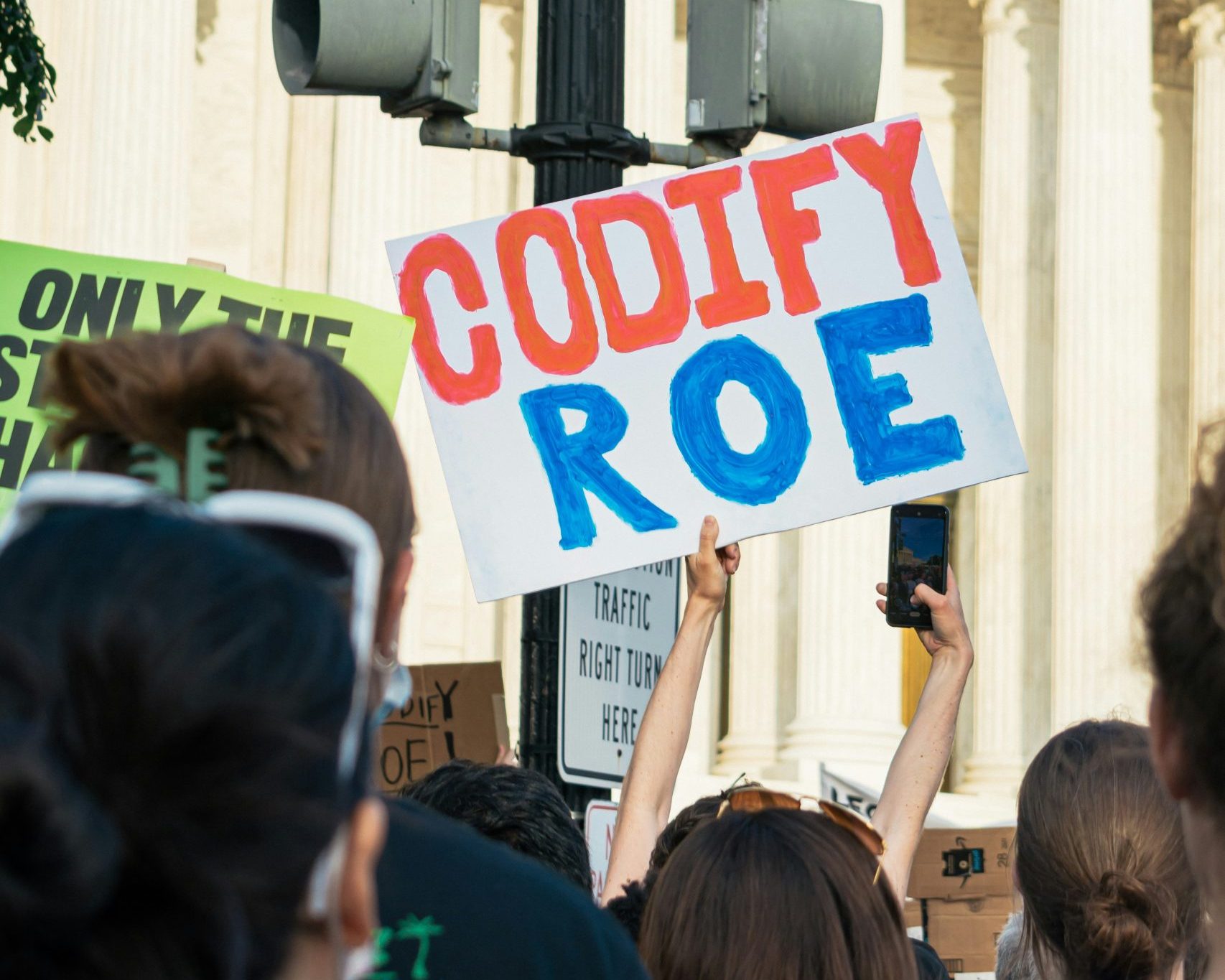
This article is part of an ongoing series tracking the Arkansas Abortion Amendment of 2024 and examining its effects on state law.
On Tuesday the Arkansas Attorney General’s Office certified a popular name and ballot title for the Arkansas Abortion Amendment of 2024 — meaning the measure’s sponsors can begin collecting petition signatures to place the amendment on the ballot this November.
The amendment prevents the state from restricting abortion during the first 18 weeks after fertilization — approximately 20 weeks gestation.
It also contains sweeping health exceptions for abortion throughout all nine months of pregnancy, and it nullifies all state abortion laws that conflict with the amendment.
In 2015, the Arkansas Legislature passed Act 1086, the Woman’s Right to Know Act, requiring abortionists to explain the abortion procedure — including its risks, its consequences, and its alternatives — before performing an abortion.
The Woman’s Right to Know Act passed with strong, bipartisan support in the Arkansas Legislature.
Data from the Arkansas Department of Health indicates that from August 1, 2015, to June 24, 2022, over 3,500 women chose not to have abortions after receiving the information outlined in this one law.
The Arkansas Abortion Amendment of 2024 would write unrestricted abortion into the Arkansas Constitution, and it would nullify laws like the 2015 Woman’s Right to Know Act.
Under this amendment, lawmakers and voters would lose the ability to enact abortion restrictions — including restrictions that people on both sides of the aisle have supported in the past.




